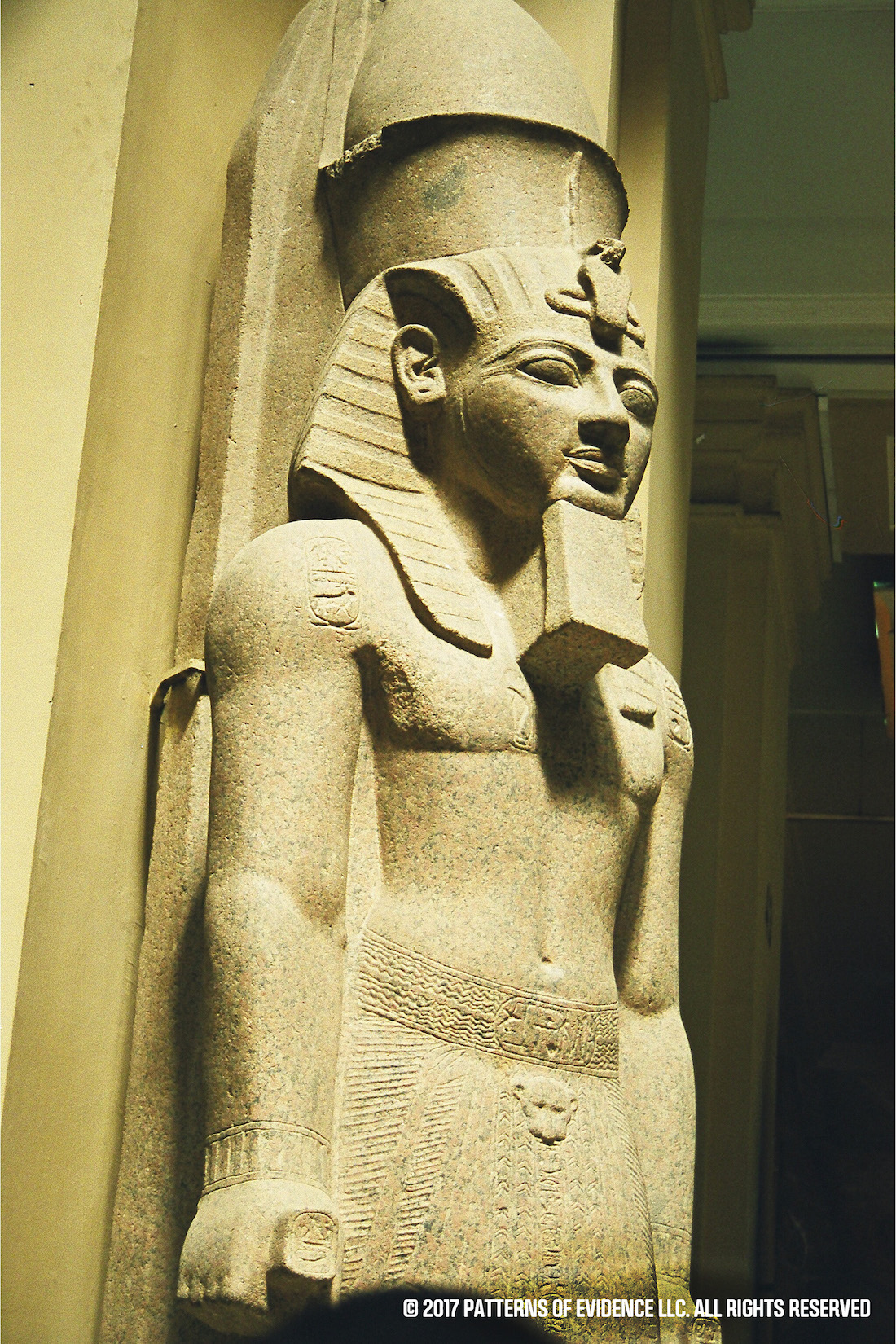
Ramesses II was well suited to this kind of role, and the gods gave him a reign of 67 years in which to perfect his act. These were the hard acts which it was Ramesses' destiny to follow, and one way of doing this would be to upstage the past by ostentation, thereby eclipsing it. Before this, however, lay the family of the Tuthmosids, a dynasty which was associated with prosperity, elegance, and the growth of empire.Īnother figure that loomed over the king was his father, Seti I, whose reign saw military success as well as achieving one of the high points of Egyptian art, marked by sensitivity, balance and restraint. When Ramesses II turned his attention to recent history, he would have seen the upheavals of the Amarna period, an episode which needed to be purged from the record. The man who became Ozymandias was the grandson of Ramesses I, a solid figure, but essentially a provincial bureaucrat who had had greatness thrust upon him. Military Leader During his reign as pharaoh, Ramses II led the Egyptian army against several enemies including the Hittites, Syrians, Libyans, and Nubians. If kings of Egypt were great by definition, there could be nothing wrong in going out of one's way to be the greatest: this was simply the logic of Pharaonic kingship.Īnother mitigating factor is the humble origin of Ramesses' family.

The twin temples of Abu Simbel in Nubia, though by no means understated, are masterpieces of land- and river-scaping, as well as being political propaganda skilfully translated into stone.Ī more abstract point in the king's defence is that modesty was never considered to be a Pharaonic virtue. The temple-building programme instigated by Ramesses may have been rushed, but it turned out to be the most extensive ever achieved by a single Pharaoh in all Ancient Egypt's 30 dynasties, and some of the king's monuments, such as the delicate temple built at Abydos next to the larger complex of his father, show refinement and even understatement. Ramesses II, the king of the 19th Dynasty of Egypt (12921190 B.C.), ascended the throne on May 31, 1279, B.C. The treaty covers extradition, arbitration of disputes, and mutual economic aid, a clause which was later honoured by the Egyptians when their old enemies were afflicted with food shortage.

The empty victory of Qadesh was followed by a greater achievement, an international peace treaty with the Hittites, a copy of which is now on the wall of the General Assembly building of the United Nations.


 0 kommentar(er)
0 kommentar(er)
